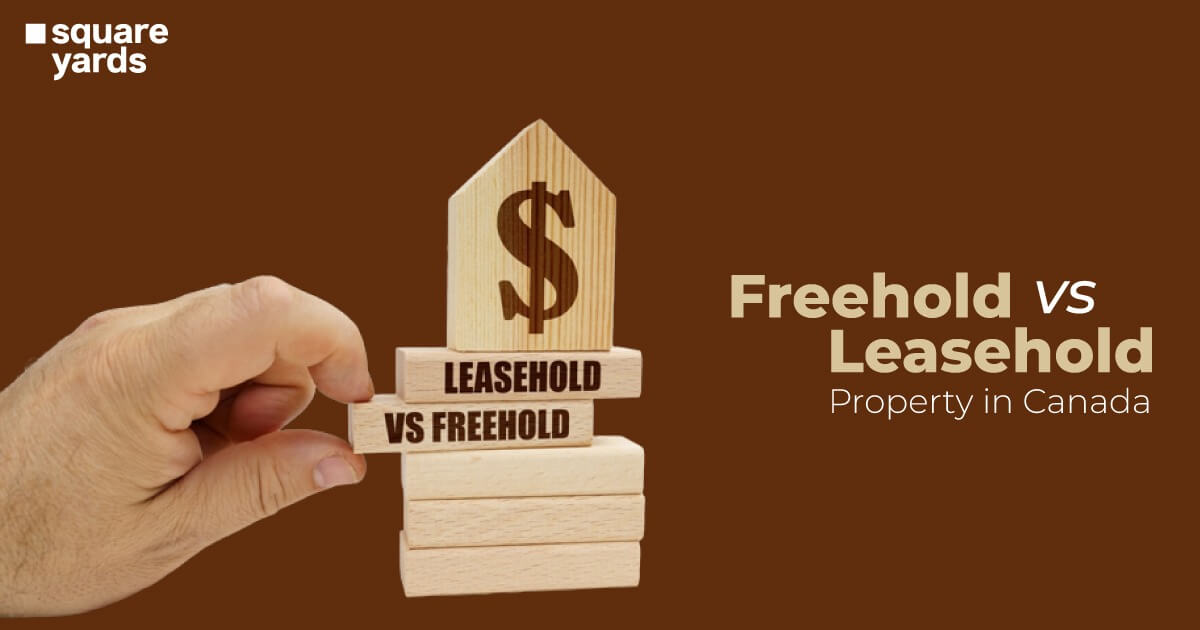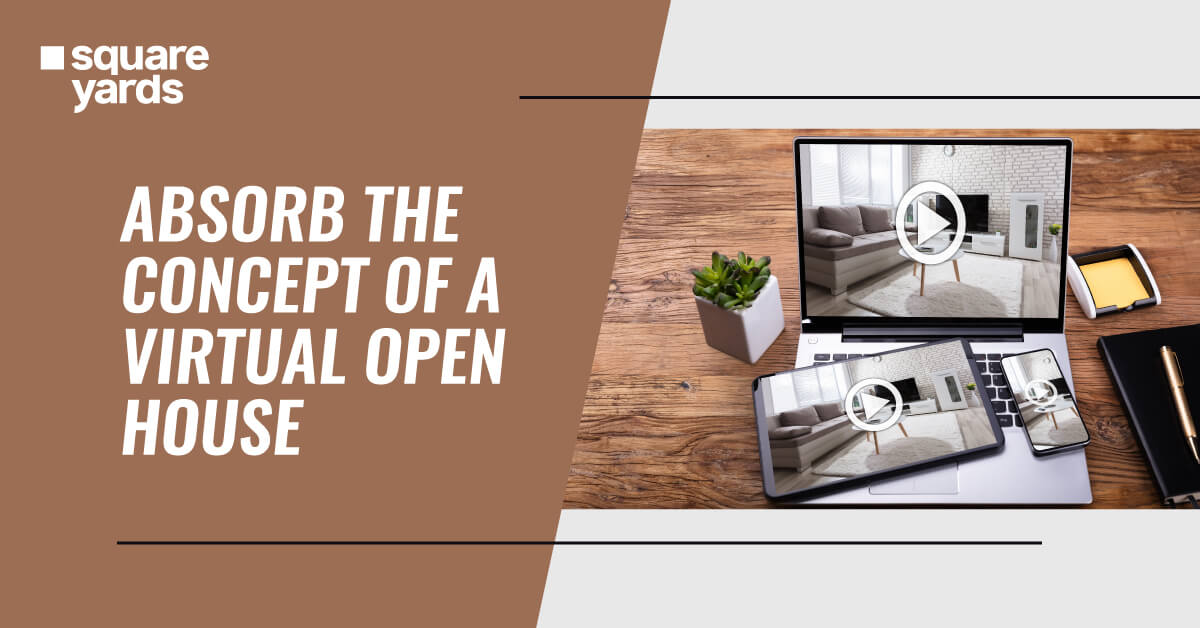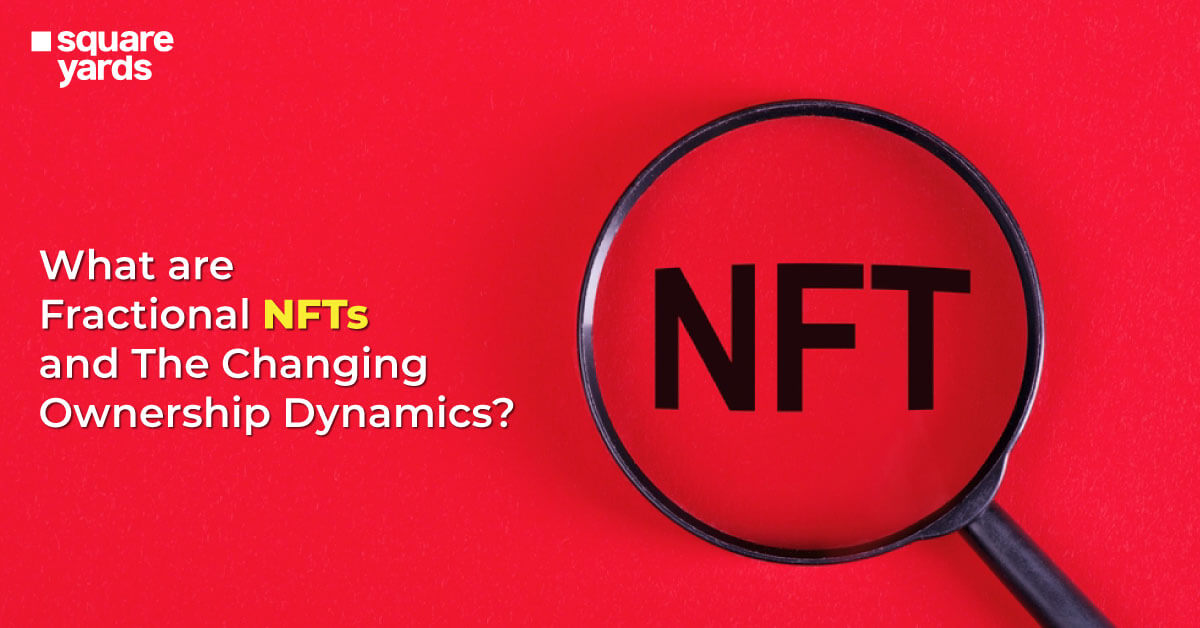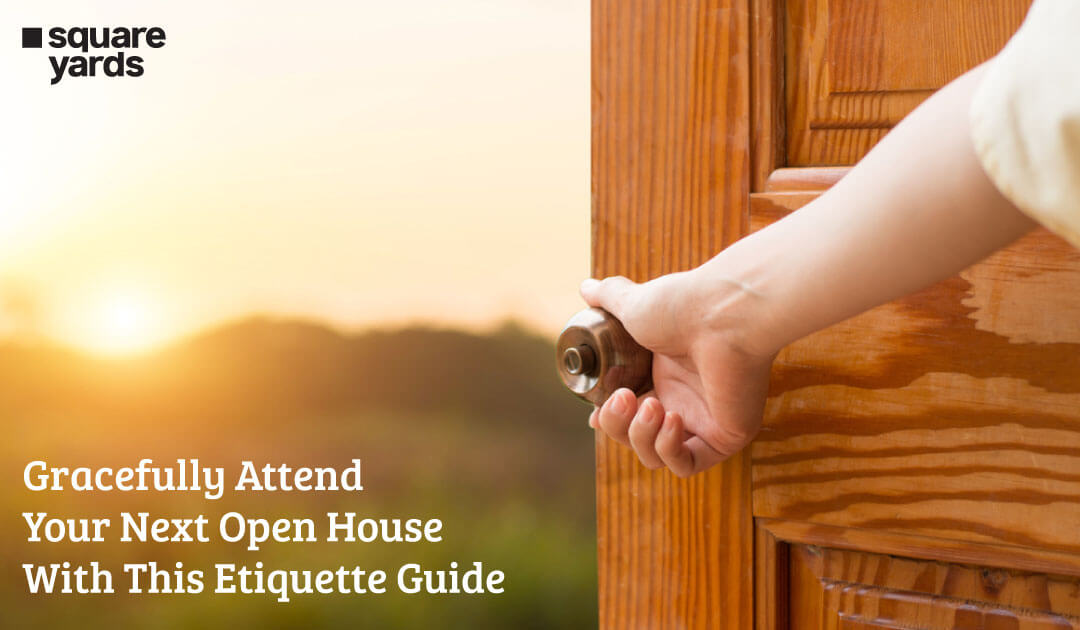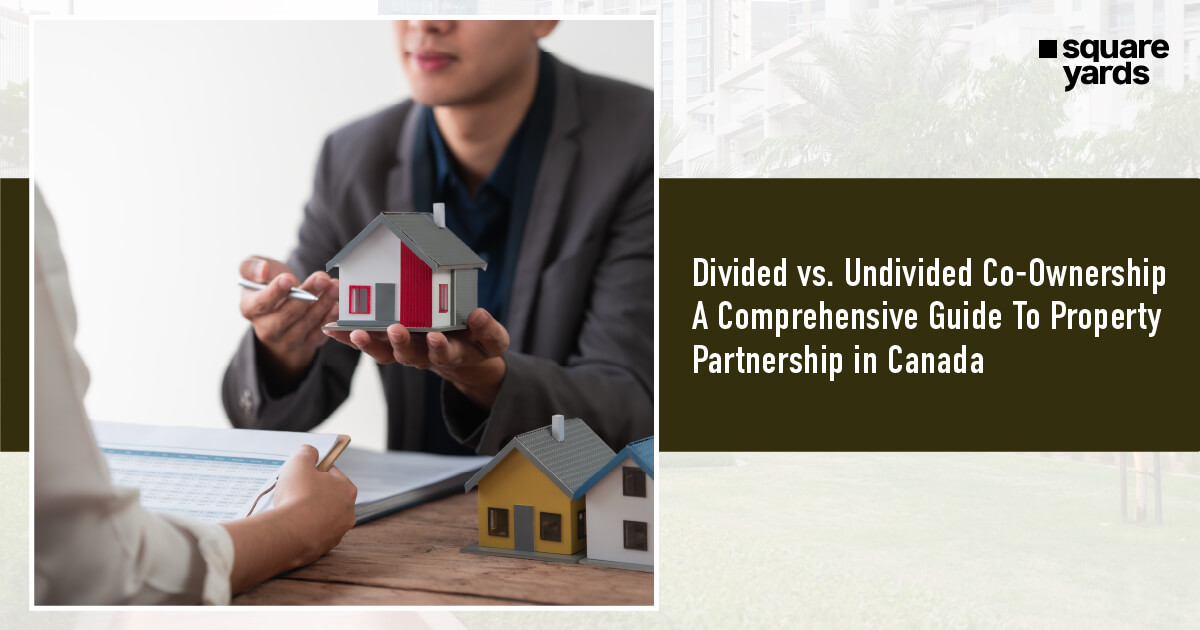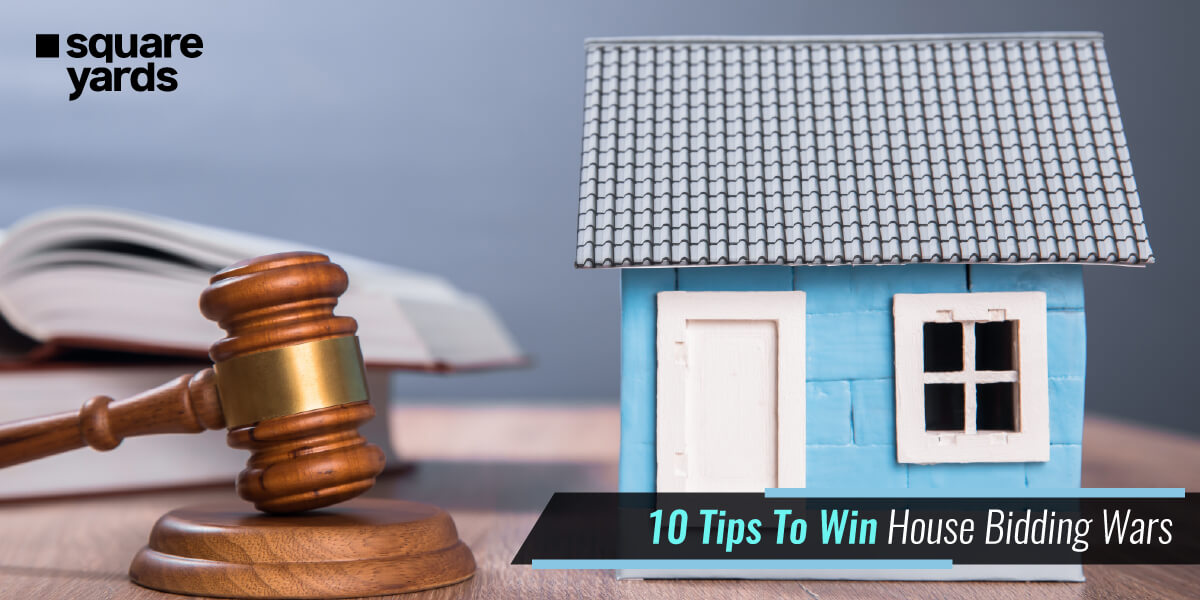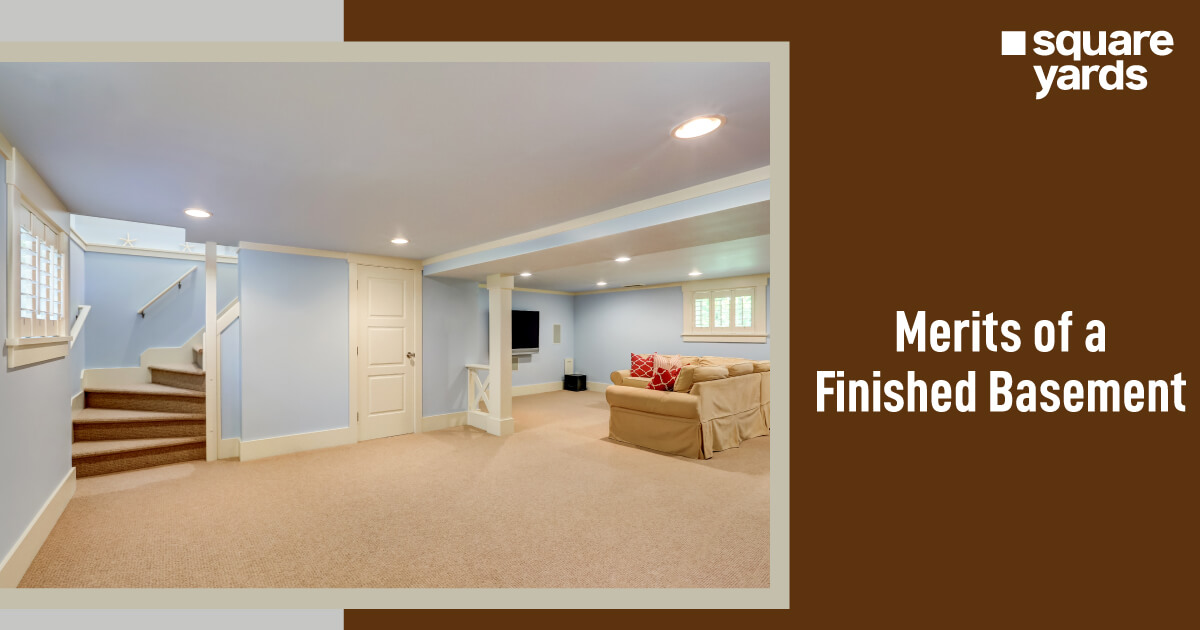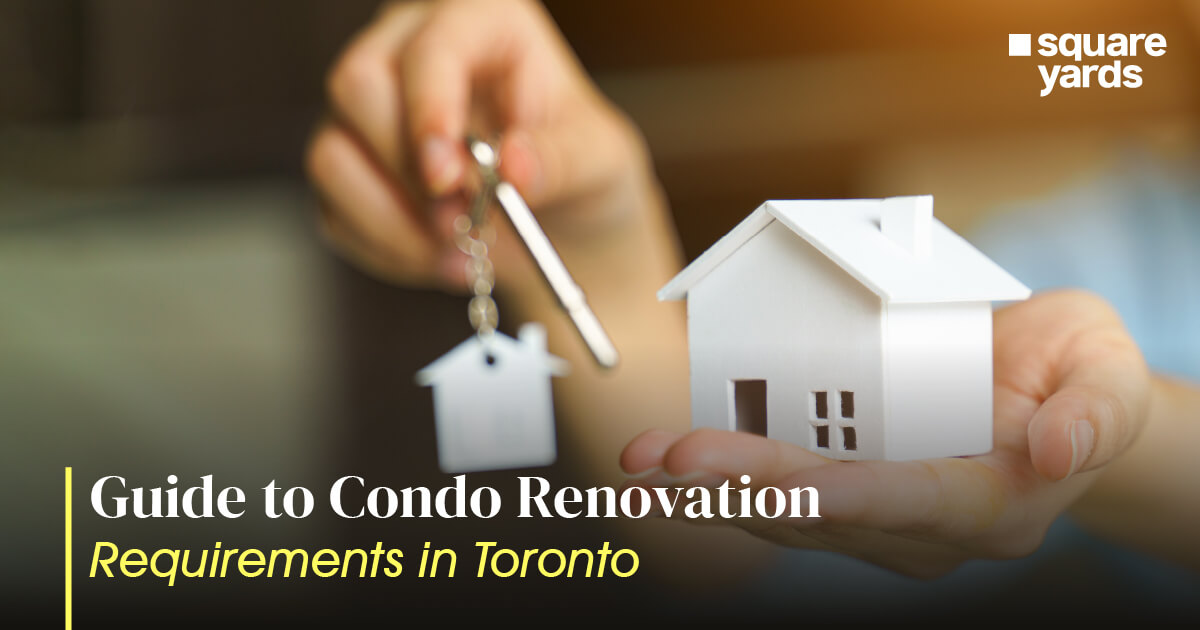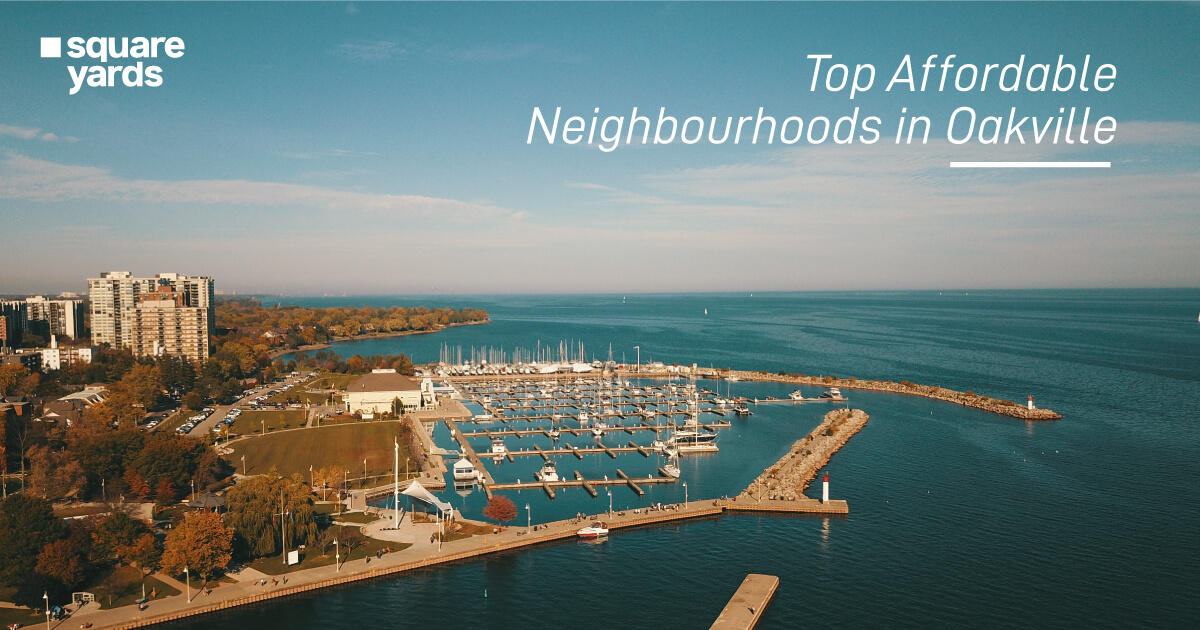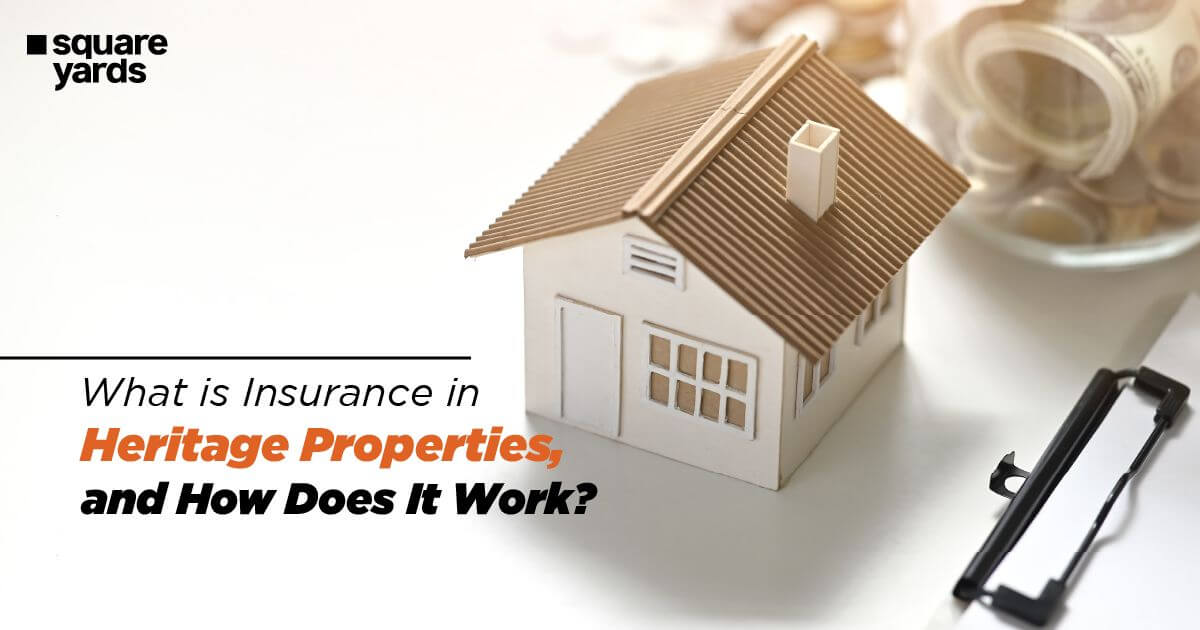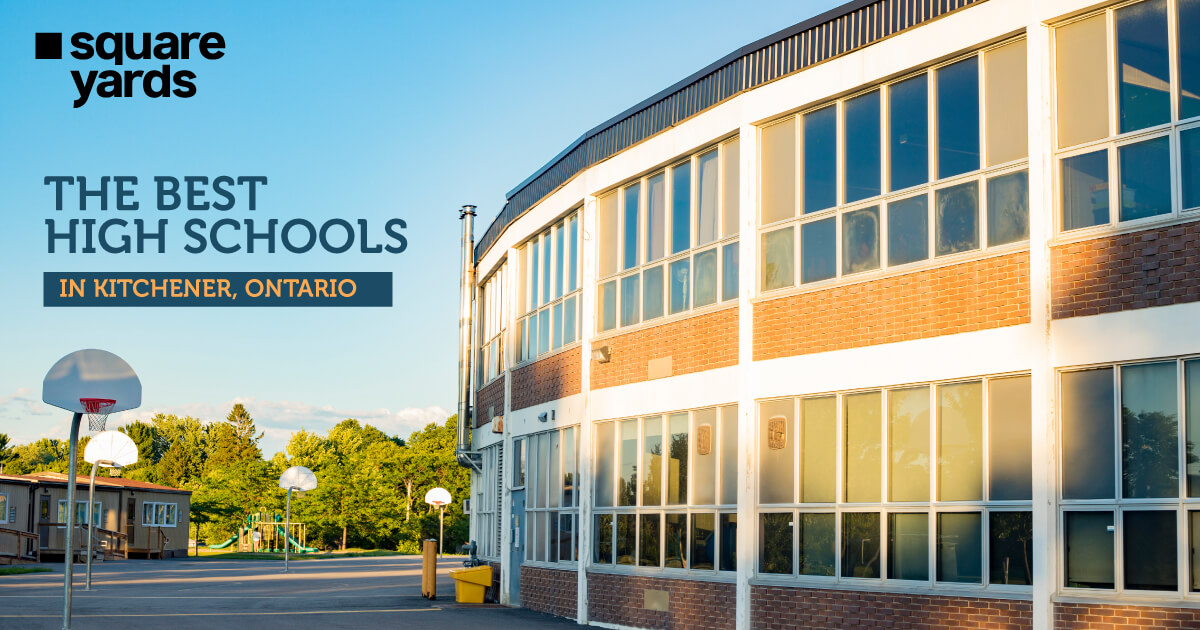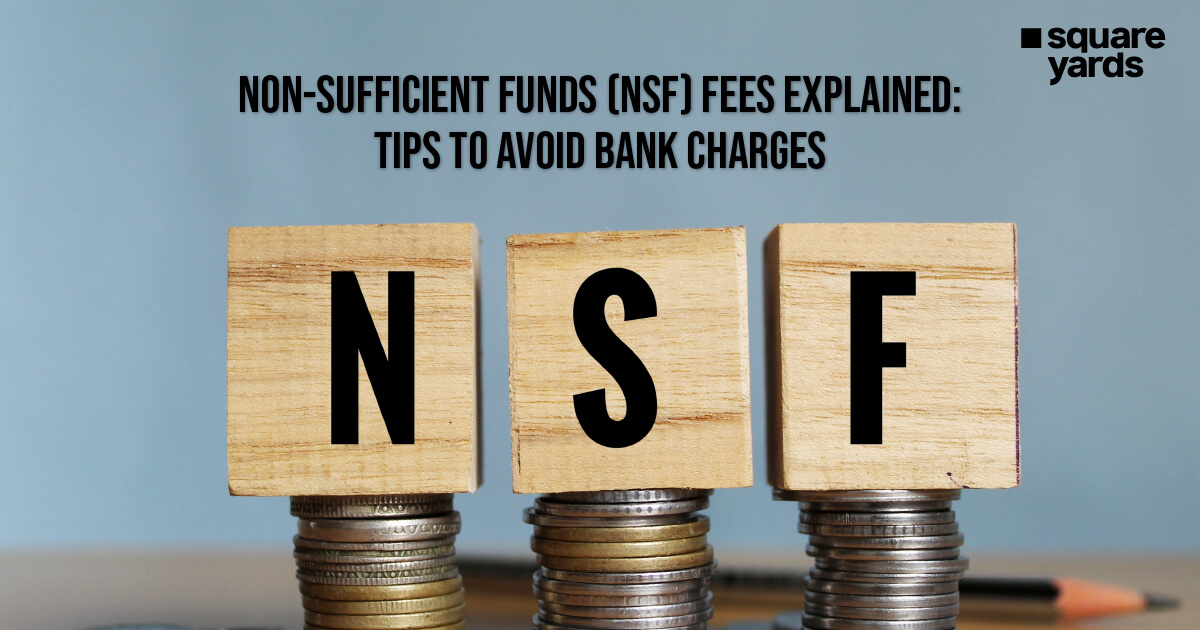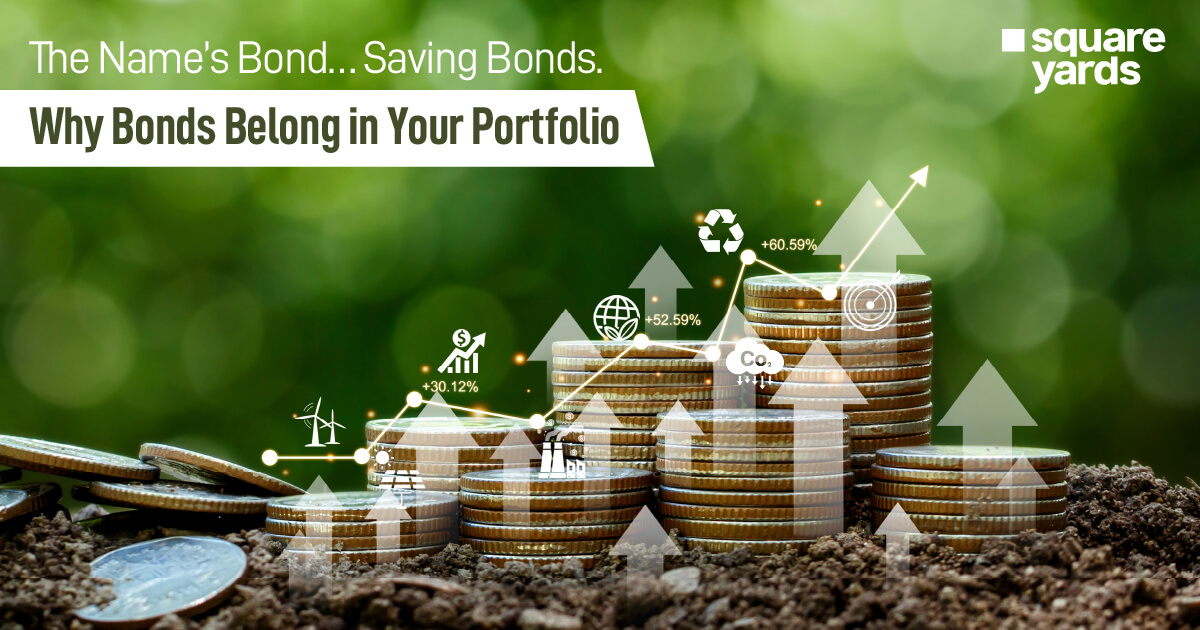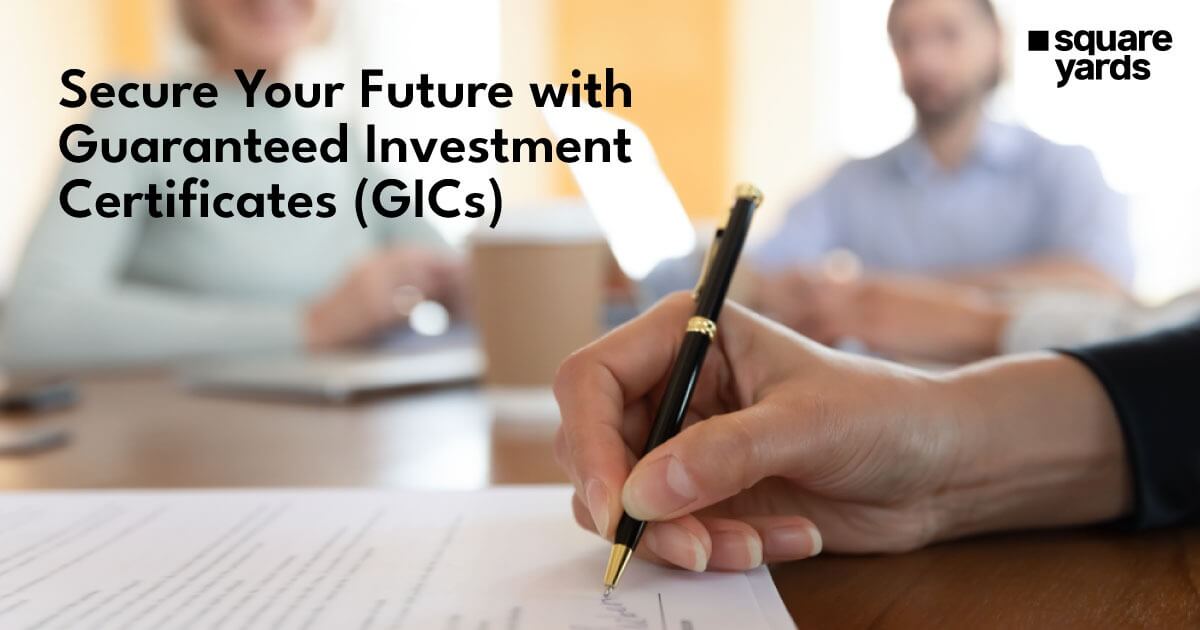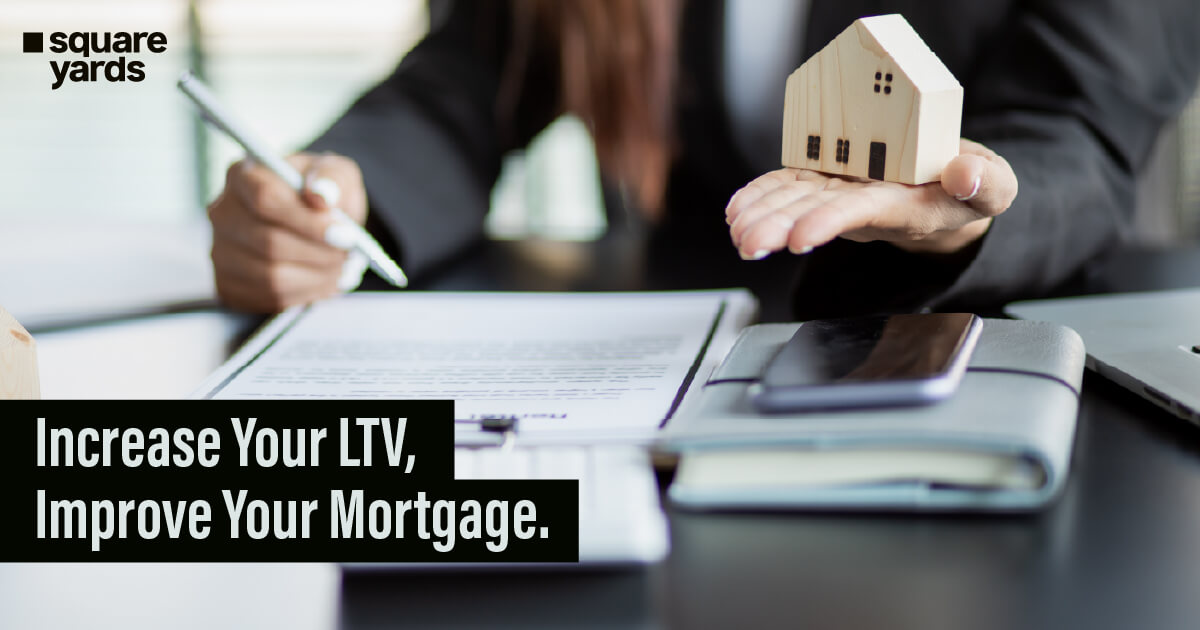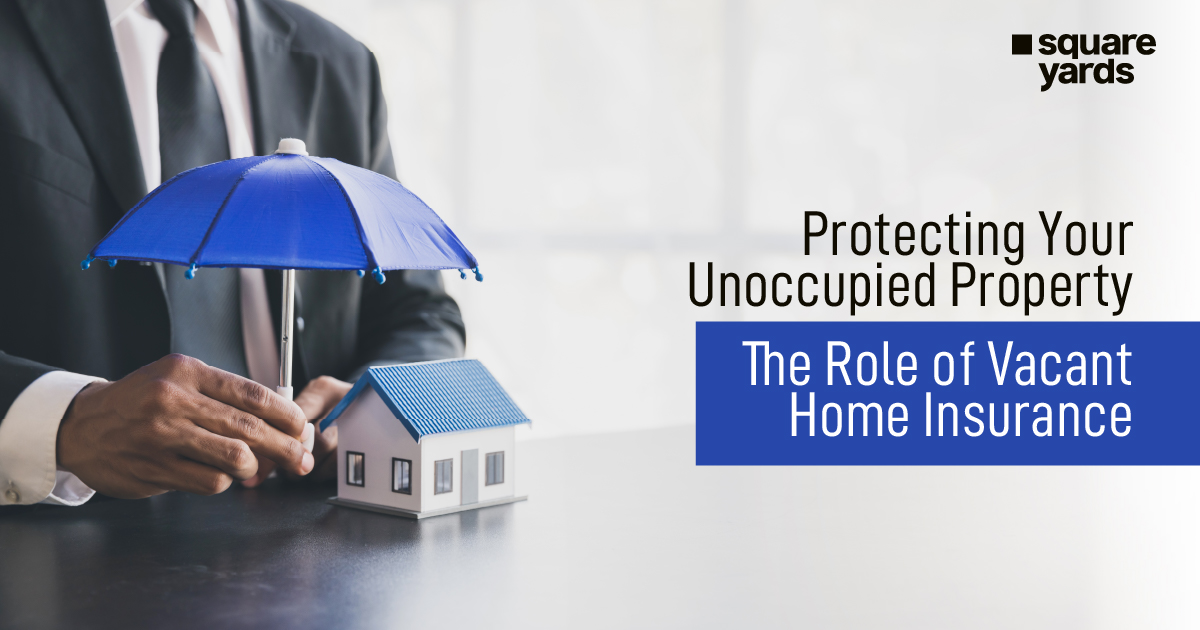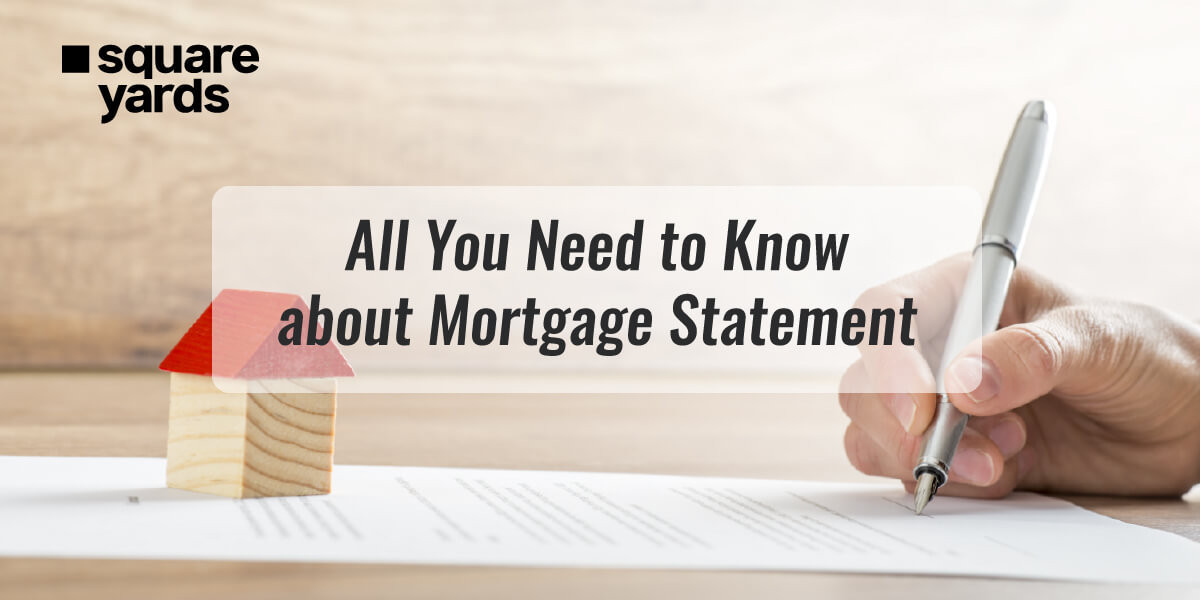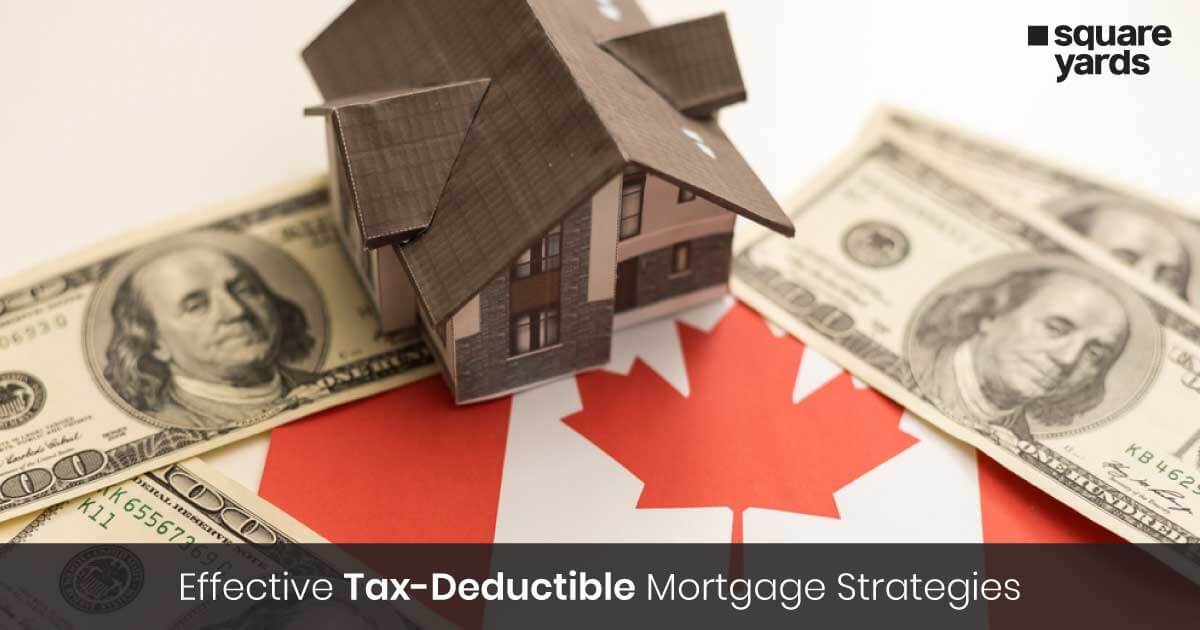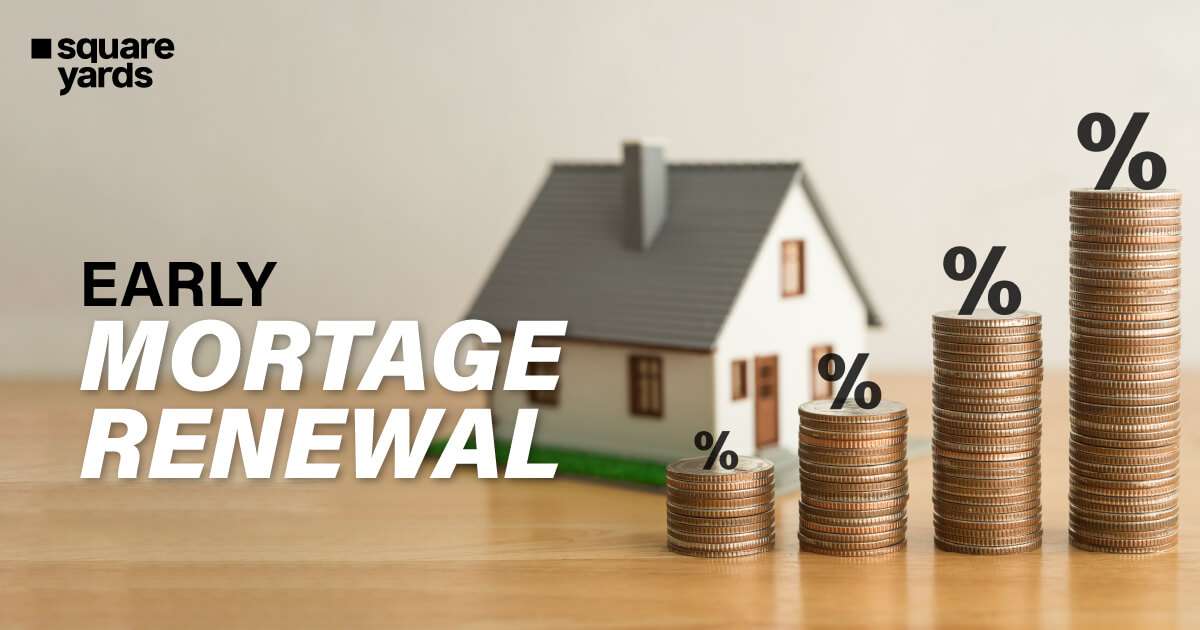Do you intend to invest in real estate in Canada? Understanding the various forms of Canadian property ownership is the first step towards selecting the ideal residence or buying rental property in Canada. For the purpose of making an informed decision, home buyers and investors in Canada must understand the distinction between Freehold vs Leasehold ownership.
Read further to learn about the laws governing property ownership in Canada, its benefits and disadvantages, and the best places to look for freehold vs leasehold homes in the area.
The question of whether your home is freehold vs leasehold is one of the most crucial aspects of your home. The legal jargon distinguishes between outright ownership of your property and renting the space from a landlord, despite the fact that many people find it worrisome. When buying a home, getting this information incorrect can cost you dearly.
What Sets Freehold Real Estate Apart From Leasehold Property?
Among buyers, freehold properties seem to be more popular than leasehold ones. Additionally, freehold properties are more expensive than leasehold, which appeals to the buyers. Furthermore, a freehold property is easier to mortgage than a leased one.
However, a leasehold is a better option for those who rather not maintain their property. The purchase price of these properties is comparably lower, and your ground rent ought to include landscaping. It is best to always ratify your lease agreement to make sure that maintenance is covered by your monthly payment.
| Basis | Freehold Property | Leasehold Property |
| Cost | Compared toFreehold vs leasehold properties, freehold properties are comparatively more expensive. Freehold leases are typically used for houses, which are by nature more costly than flats or apartments. | Depending on the property owner, leasehold properties are frequently less expensive, but they frequently come with additional costs like service fees, ground rents, and admin fees. |
| Control | When a buyer signs a freehold lease, they acquire full ownership of the property. This indicates that the property and the land on which it is situated are entirely under the new owner’s control. As a result, the owner is free to use the property however they see fit and submit it for any planning permission. | However, in the case of leasehold properties, things are different. There may be limitations on making any structural changes or even having pets, even though leasehold property owners are free to redecorate and paint their homes as they, please. |
| Responsibility for the property | Property ownership is solely the responsibility of the owner in a freehold situation. This implies that they are responsible for organising any work that must be done on the property. The property owner is in charge of things like making repairs to the roof before winter. | In the case of leasehold properties, things are different. The entire burden of any maintenance required on the property rests with the freeholder. However, the leaseholder might wind up covering some of the costs. |
| Rental Yield | Renting is permitted for both freehold vs leasehold properties, though not all leaseholds do. A lesser rental yield can be attributed to freehold properties’ higher initial investment. | However, because the entry cost is lower than that of freehold properties, leasehold properties have an inflated rental yield. Additionally, leasehold properties frequently have more features, amenities, and incentives, which helps them compete for renters. |
| Selling property | It is simpler, more uncomplicated, and has fewer restrictions to sell freehold properties. | For leasehold properties, a different situation applies, and it frequently requires more time because government permission and consent are required. |
| Ownership Duration | Owners of freehold property have complete ownership rights up until the time they decide to sell it. As a result, because the lease is permanent, it has no impact on the property’s value. | Contrarily, owners of leasehold property only have possession of the property until the lease expires. The length of the lease has an impact on a leasehold property’s resale value as well. Short leases make it difficult to sell a property because the value drops as the lease expiration date approaches. |
|
Extra Perks |
Freehold properties do not have extra perks, like access to gyms, communal areas etc. | Leasehold properties usually come with perks such as designated parking, and access to community halls, gyms, parks, etc. |
Leasehold Property
A leasehold arrangement implies renting the land from a holder for a predetermined time. Despite possibly owning the structure, you rent the land and are responsible for paying its additional cost of maintenance and service fees. A typical lease is for 99 years. They can, however, last between 40 and 999 years. Land fees must be renegotiated with the landlord at the time of termination of the lease.
-
How long can a Lease be?
A commercial lease has no maximum or minimum term. The lease term can be for a set period of time or until a specific date.
A larger tenant’s commercial property or retail lease will typically be for five to 10 years, with one or even more options (which the tenant may exercise) typically lasting one to five years each. Ground leases frequently have longer terms, ranging from 20 to 99 years, as well as the entire term’s rent is frequently paid in advance.
Most Canadian provinces and territories permit leases with terms longer than three years, subject to certain statutory requirements, to be recorded on a public register kept by the appropriate governmental authorities. The main advantage of having the lease registered on a public register is to notify third parties of the tenant’s leasehold interest in the property. Long-term leases can be registered in some Canadian provinces, where they can be taxed similarly to the transfer of freehold property (for a term longer than 30 years, for example, in British Columbia).
-
Tips to get Leasehold Properties
- Find a knowledgeable real estate agent who knows about buy leasehold properties in Canada and is able to provide you with the correct knowledge.
- The number of years left on the lease must be taken into consideration as to how it may impact your expense plan and the property’s value. The safest bet is a 99-year lease. You won’t be residing in your home for 99 years, even if you sell it after 29 years, the subsequent tenant will still have 70 years left on their lease.
- Look for leases that are 25 years or longer, ideally for a period much longer than the time you intend to live there.
- Consider including service fees and related expenses in your budget (if any).
- Consider living a bit farther from the town, take a 20-minute bus ride, and buy a freehold instead of separating your needs and wants.
- Before submitting an offer, check with your bank or a mortgage broker to see if you qualify for the leasehold property you’re considering buying. You might or might not be able to qualify depending on how long the lease is.
- Verify that the lease has been paid in full. If it wasn’t pre-paid, confirm that you can afford the yearly payments that come with it.
Freehold Property
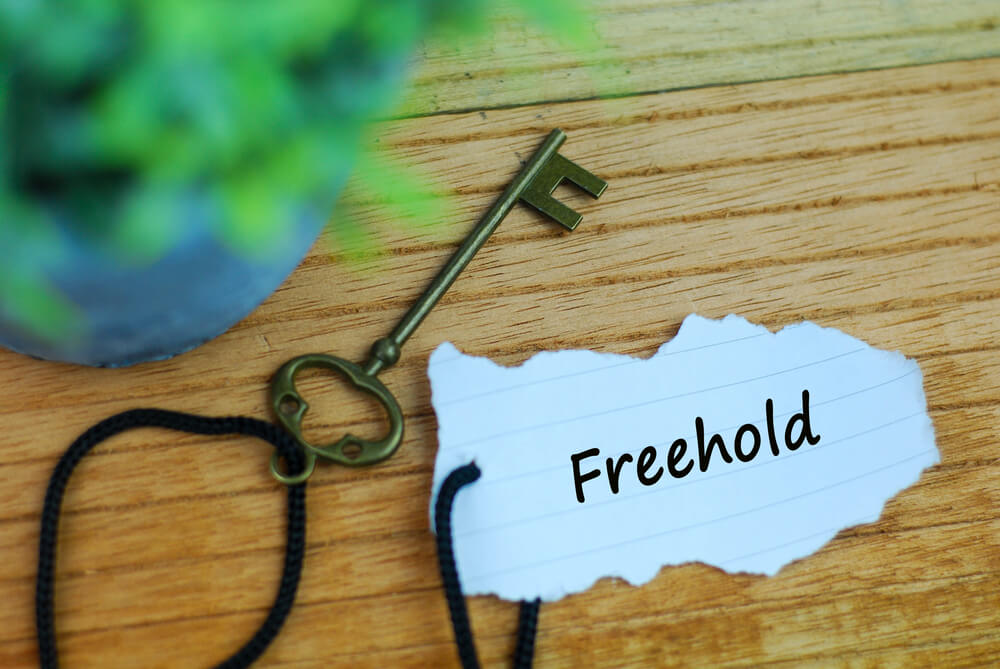
If you have a freehold and make your lender regular payments, you essentially own the land and have the right to live there forever. You are listed as a “freeholder” in the land title office, in which your name is officially registered as an owner, and are the “owner of the title absolute.”
In almost all circumstances, buying freehold properties will be the best and preferred choice if you have the funds to do so. In this situation, you won’t be required to pay ground rent annually and will not be concerned about the freeholder or landlord failing to maintain the building or charging you a lot of money to fix it.
-
Tips to get Freehold Properties
- Find a real estate agent or condo management business that focuses on freehold properties. They might facilitate the procedure.
- Think about the length of the lease for the property because you’ll be required to pay for it for a shorter period of time.
- Before submitting an offer, check with your bank or a mortgage broker to see if you qualify for the leasehold property you’re considering buying. You might or might not be able to qualify depending on how long the lease is.
- Make sure the lease is paid in full. If it isn’t, make sure you have the financial means to handle the property’s yearly payments.
-
What are the Pros and Cons of Freehold Properties
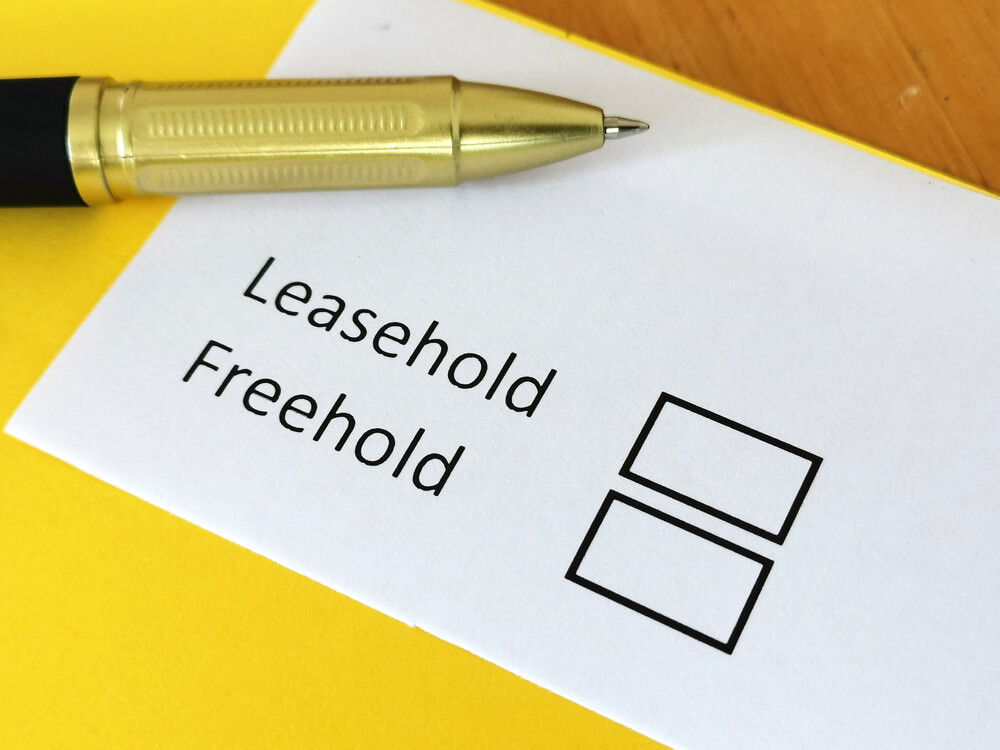
The pros of freehold properties have been discussed below:
-
- Full control: The owner has total freedom to do whatever they want with their property. Any alterations to the property are permitted without the landlord’s approval.
- No further recurring payments: The owner does not have to pay additional maintenance or service fees or ground rent outside of a mortgage.
- Value Appreciation: Land values increase more than those of buildings. Your property value will increase more as a result of owning the land.
- Simpler Application of Mortgage: Mortgage applications are simpler because freehold properties give banks the most comfort. They will therefore give you the lowest mortgage rates as a result.
The cons of freehold properties have been discussed below:
-
- Since you must purchase both the building and the land, the cost of the property becomes higher.
- Only properties in Dubai’s designated freehold areas are available for purchase. They only have a few choices.
- The full responsibility for maintenance and structural repairs rests with the freehold property owners.
- Last but not least, there is an additional cost. The owner of the freehold receives a yearly maintenance bill.
You May Also Read :
| Statistics of Commercial Real Estate | Commercial Real Estate Housing Market |
| Pros & Cons of Vacation Home Rentals | Vacation Home Rentals |
| Know About Buying an Investment Property | Buying an Investment Property in Canada |
| Need To Know How To Sell a Distressed Property | How To Sell a Distressed Property |
Frequently Asked Question (FAQs)
Owners of freehold properties have complete ownership rights up until the time they decide to sell it. As a result, because the lease is permanent, it has no impact on the property's value. Contrarily, owners of leasehold properties only have possession of the property until the lease expires.
When a property's leasehold period is up, it reverts to being a freehold, meaning the freeholder owns both the building and the land. Even if you have paid off your mortgage and outrightly own the property, you will have no legal claim to it once the lease expires.
Leasehold properties are not harder to sell. The sole difference between the two types of property is that a leasehold home requires more legal work, which can delay a sale's completion.
Given that freehold properties have already been registered, they are regarded as a safer form of investment. In the long run, the value of a freehold property is expected to increase.
You will be required to pay an annual fee, known as ground rent, to the owner of the freehold if your property is a leasehold.
The leases are typically long-term—often 90 or 120 years or even up to 999 years—but they can also be brief, like 40 years. A leaseholder and freeholder have a contract in place that outlines each party's legal obligations and rights. Is it better to be freehold vs leasehold?
What happens if a leasehold runs out?
Are leasehold houses harder to sell?
Is it safe to buy freehold properties?
Do you pay rent on freehold properties?
How long does a freehold last?

